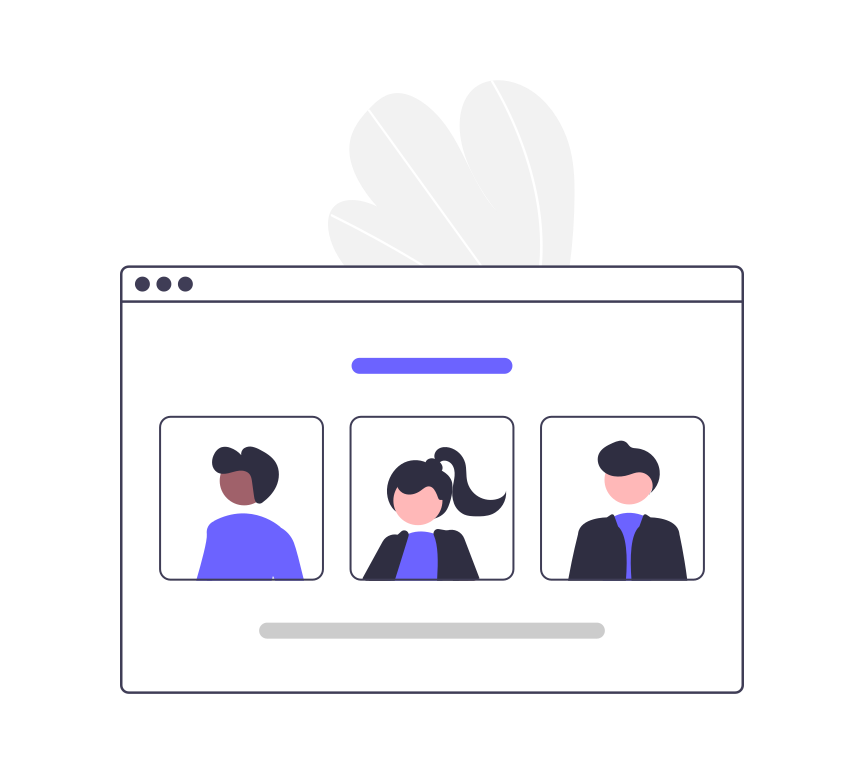1. Everything in its proper place
Have you every tried to order from a restaurant online but couldn’t find their menu? Only to then discover it was buried in the images on their social media page, and even then it was a rough out of focus picture from a customer in 2016? What are we even getting at? Having content online is more than just having content online. With a website you control the narrative, and guide your customers to what they want or need. While other platforms can have some of that too, they are built for everyone, not for you.
Your website allows you to gather all your relevant information in one place, letting you combine several types of social proof at once.
- Expertise – Prove that your the best plumber in the area with examples of situations you were able to handle that no one else could (ok, maybe not TOO many pictures on this one).
- Follow THAT up with peer endorsement, maybe your last three 5-star google reviews, maybe a long testimonial of someone who just had an amazing experience with your business.
- Then, follow that up with your 30 second elevator pitch on why you’re the best in the area. Maybe your the fastest, or the most experienced. Or just show why your going to care more about a leaking pipe than the next guy.
This left-right combo of social proof just isn’t possible to pull of on just social media and search alone.
2. The Differentiator
Speaking of plumbers, I just searched for one, currently in Omaha I typed in “plumber near me” and received this notice at the top of the page “30+ Plumbers Nearby”. Ok, great I’m going to find a plumber today, but who am i going to choose. If we have 30 plumbers in the area, do they each get 3.3% (100%/30) of the customers? I wouldn’t think so. Out of 30, 22 of them have 4.5 stars or more, 11 of those each have 50 or more reviews and are currently open (at 11:30am on a Tuesday). How would you choose? What most customers would do next is open the first plumbers website that matched the criteria above. Next, they would be on the lookout for a couple key answers to these questions.
Do these guys seem professional?
Are they certified in some way?
How long til they can come out, will it be today?
Are the going to charge me way more after 5pm
Is their work van clean with a professional decal?
Are they familiar with the brand I have?
Do the guys in their pictures seem honest (and if it’s stock photos are they hiding something?)
That’s a lot questions, maybe your customer won’t ask each one, maybe they’ll ask more, or something totally different. One thing is for sure, if you aren’t in a position to share the answers. Or share the wrong answers, you lost.

3. The About Us Page
Nothing can lock in a sale more than showing who you are and why you do what you do. Do you fix bicycles because you grew up with one and rode it to your first job every day before learning the ins and outs of how it works, and now you think about bikes all day every day? Thanks for telling me, I now know more about you in that sentence from your bio than I do about any other bike mechanic. Sold.
4. The Hub
You probably have a Facebook page for your business, and a google page, and an Instagram, maybe you’re on Twitter, or posting short clips to TikTok every morning. But now that turns into another problem, you’re having a sale next month, which customers get priority? Or do you need to now make content in every format to share? Another problem, what happens if you have a fairly generic business name found in other cities, do people know it’s you? By using your website as a central point for all your social media, you can route people to your website FROM social media search, THEN direct them to your other content. Letting you put your most important content in the middle of everything, and having one place to go if someone is looking for your business hours, phone number, services offered, or lunch specials.

